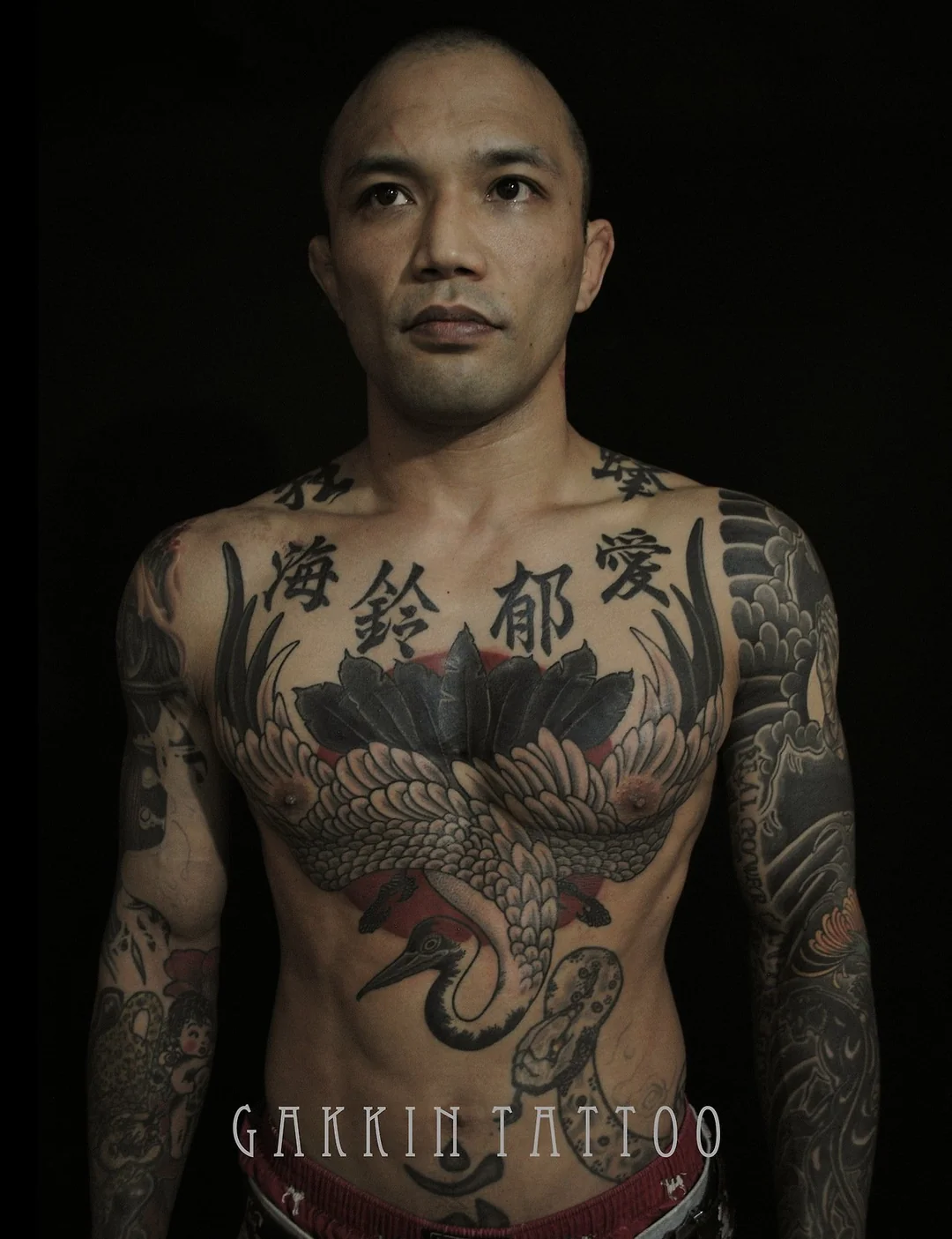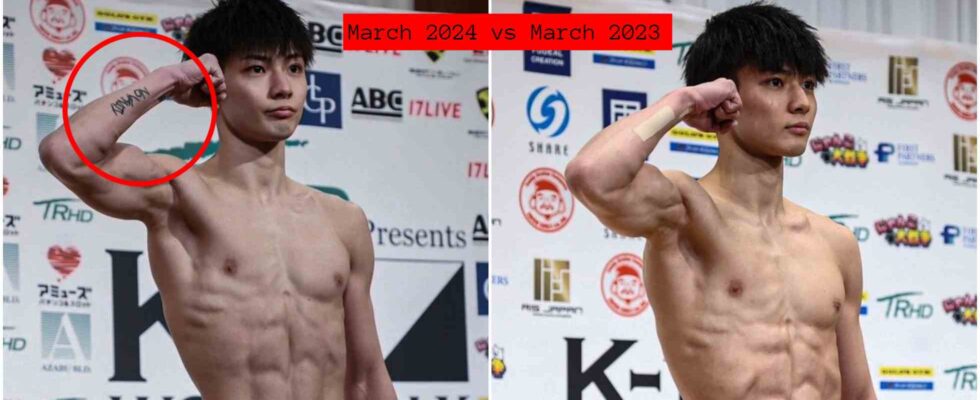The recent announcement by K-1 to lift the ban on tattoos for Japanese individuals has sparked significant interest and reactions within the community. Notably, the revelation by “Yuu-Chan’s boyfriend” Masafumi Kumura during the pre-weigh-in session, alongside Ren Homoto’s response, has generated considerable buzz.
The ban on tattoos in Japan has deep-rooted historical and societal significance. Stemming from its association with the Yakuza, tattoos have been restricted in various public spaces, including spas and gyms. This prohibition, however, has begun to evolve, albeit slowly, with certain establishments allowing tattooed individuals provided they can conceal their tattoos.
This practice often involves the use of adhesive patches to cover the tattoos, reflecting a compromise between tradition and modernity.
Despite being in the 21st century, Japan continues to grapple with this issue, raising eyebrows globally. The origins of this ban trace back to the Yakuza’s influence and societal stigma surrounding tattoos. Historically, tattooing was even used as a form of punishment, primarily targeting convicts, further solidifying its negative connotations.
Hygiene concerns have also played a role in upholding the tattoo ban, with perceptions linking tattooed individuals to a higher risk of disease transmission. While the validity of these concerns remains debatable, they have contributed to the persistence of the ban, particularly in certain segments of Japanese society.
Dubbed as the “Yakuza rule” by television networks, the enforcement of covering tattoos, notably arm sleeves, has been stringent, even extending to events featuring both Japanese and foreign participants.
According to social media reports, the ban eased up on foreign participants first.
This enforcement has led to self-censorship among musicians and fighters, wary of revealing their tattoos on television. Moreover, the portrayal of tattooed individuals in Japanese media has been limited to stereotypical depictions of gangsters involved in criminal activities, perpetuating negative stereotypes.
However the stigma seems to be fading, as Kumura was seen with his tattoo out at the most recent weigh in.

Interestingly, the ban doesn’t extend to MMA so Japanese fans of MMA were able to observe legends such as Genki Sudo and Ersen Yamamoto without needing to cover their tattoos.

